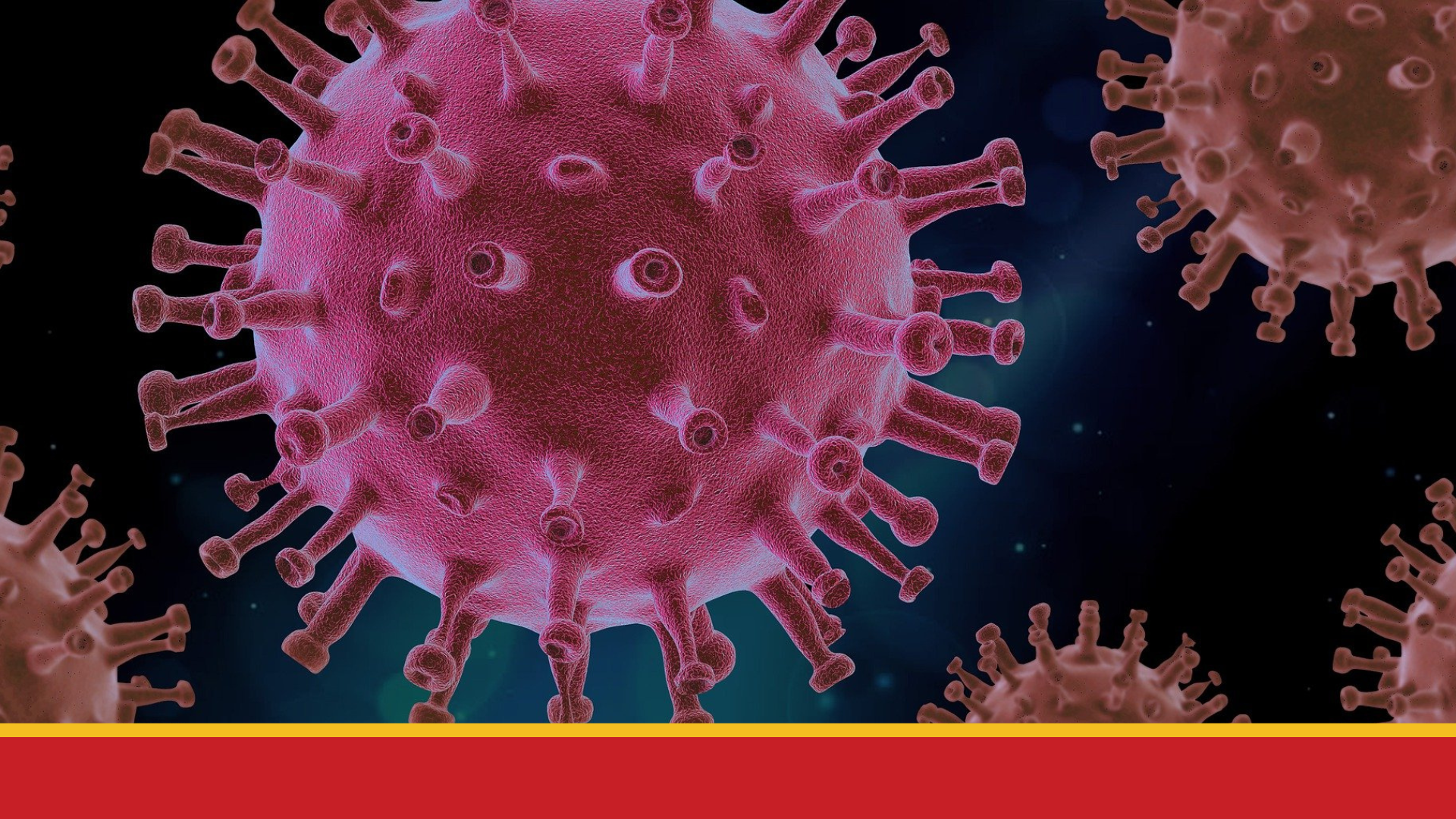 By Maria Galvan, Senior Risk Manager
By Maria Galvan, Senior Risk Manager
The California Joint Powers Insurance Authority (California JPIA) advises public agencies that on April 21, 2022, the Occupational Safety and Health Standards Board (Cal/OSHA) adopted revisions to the Cal/OSHA COVID-19 Emergency Temporary Standard (ETS) for the third time. The revised version of the ETS became effective on May 6, 2022 and will remain in effect through December 31, 2022. The ETS revisions incorporate updated guidance from the California Department of Public Health (CDPH) and make the ETS more flexible if changes are made to CDPH guidance in the future. ETS standards apply to most workers in California not covered by the Aerosol Transmissible Diseases Standard.
Important unchanged requirements in the ETS include:
Employers must establish, implement, and maintain an effective written COVID-19 Prevention Program that includes:
- Identifying and evaluating employee exposures to COVID-19 health hazards.
- Implementing effective policies and procedures to correct unsafe and unhealthy conditions.
- Allowing adequate time for handwashing.
Employers must provide effective training and instruction to employees on how COVID-19 is spread, infection prevention techniques, and information regarding COVID-19-related benefits that affected employees may be entitled to under applicable federal, state, or local laws.
Important revisions to the ETS include:
Face Coverings
Face covering requirements are the same for all employees regardless of vaccination status and are no longer required in all indoor locations.
- Face coverings are mandatory in the ETS when CDPH requires their use.
- Employers must review CDPH guidance for the use of face masks to learn when face coverings are required.
Employees can still request face coverings from the employer at no cost to the employee and can wear them at work, regardless of vaccination status, and without fear of retaliation.
Respirators
- Employers must provide respirators to employees who request them for voluntary use regardless of vaccination status.
Cleaning and Disinfecting
- The ETS no longer includes any cleaning and disinfecting requirements.
Testing and Exclusion
- Employers are now required to make COVID-19 testing available at no cost and during paid time to employees with COVID-19 symptoms regardless of vaccination status and regardless of whether there is a known exposure. COVID-19 testing must also be made available to employees who had a close contact in the workplace and during outbreaks.
- The detailed prescriptive requirements for exclusion of employees after close contact have been deleted. Instead, employers must review CPDH guidelines for individuals who had close contact and implement quarantine and other measures in the workplace to prevent COVID-19 transmission in the workplace.
- The requirements for employees who test positive for COVID-19 have been updated to reflect the most recent CDPH isolation and quarantine guidelines. Regardless of vaccination status, positive employees can return to work after five (5) days if the employee has a negative test, symptoms are improving, and they wear a face covering at work for an additional five (5) days. Otherwise, most employees can return after ten (10) days.
Definitions
- “Close contact” and “infectious period” are now defined so that their meaning will change if CDPH changes its definition of the term in a regulation or order. This will allow more flexibility and consistency with CDPH.
- “COVID-19 test” was simplified to make it easier to use self-administered and self-read tests. A video or observation of the entire test process is no longer necessary; just a date/timestamped photo of the test result will now be sufficient.
- “Fully vaccinated” was deleted as this term is no longer used in the regulations. All protections now apply regardless of vaccination status, and requirements do not vary based on an employee’s vaccination status.
For more information, refer to:
- COVID-19 Isolation and Quarantine – What Employers and Workers Need to Know (Updated May 7, 2022)
- Revisions to the COVID-19 Prevention Emergency Temporary Standards Updated May 7, 2022 – FAQs
Providing innovative risk management solutions for its public agency partners for more than 40 years, the California Joint Powers Insurance Authority (California JPIA) is one of the largest municipal self-insurance pools in the state, with more than 120 member cities and other governmental agencies. Members actively participate in shaping the organization to provide important coverage for their operations. The California JPIA provides innovative risk management solutions through a comprehensive portfolio of programs and services, including liability, workers’ compensation, pollution, property, and earthquake coverage, as well as extensive training and loss control services. For more information, please visit the California JPIA’s website at cjpia.org.





